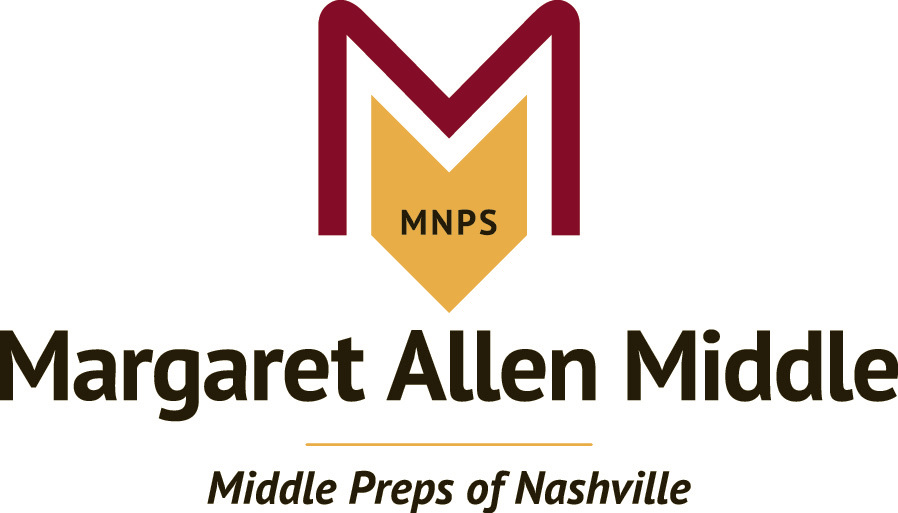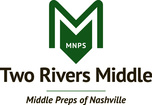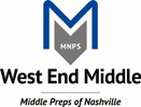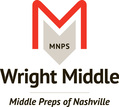|
I am excited to share that Apollo Middle used the collaborative inquiry process and strategies learned from the Facilitating Collaborative Inquiry Groups training by Dr. Laura Lipton for the SIP Milestone meeting on October 19th. Jessica Oliver, the assistant principal at Apollo, facilitated the meeting. She embedded the collaborative learning cycle (activating/engaging, exploring/discovering, and organizing/integrating) along with group dynamic structures and principles. One group dynamic principle I want to spotlight relational load. Relational load is a principle proposed by Robin Dunbar in the 1990's. He was an anthropologist at the University College of London, who studied social interactions. His research supports that "there is a cognitive limit to the number of individuals with whom any one person can maintain stable relationships" (Dunbar, 1993, p. 14). We also learned about his work during Dr. Laura Lipton's workshop on Facilitating Collaborative Inquiry Groups when she shared with us on Day 2 of the training about relational load (http://www.mnpscollaboration.org/facilitating-collaborative-inquiry-workshop-dr-laura-lipton.html). Because of this group dynamics principle, Jessica made sure to divide the group into smaller working groups, which made the work more efficient and productive.
To read more about the collaborative learning cycle stages and their handouts used during the meeting, please go to http://www.mnpscollaboration.org/apollo-middle-milestone-meeting.html. References: Dunbar, R. (1993). Coevolution of neocortical size, group size, and language in humans. Behavioral and Brain Science, 16(4), 681-735. Retrieved from http://www.uvm.edu/pdodds/files/papers/others/1993/dunbar1993a.pdf
0 Comments
Thank you for your participation in the Metro Nashville Public Schools Data Use Research Alliance. To ensure that our work remains timely and relevant to your needs we created a brief survey to ask for your feedback on our recent work together. The survey is anonymous and should take no more than 15 minutes to complete. We would greatly appreciate it if you would provide feedback about the support activities and research studies listed below, as well as the general operation of the alliance in the survey. You can access the survey here: https://www.surveymonkey.com/r/MNPS2016. The survey will close on October 26th so please complete the survey before then. Below is a listing of activities and research studies that REL Appalachia has worked on with the Metro Nashville Public Schools Data Use Research Alliance on in 2016. If you have any questions or comments about the survey, please contact Rikesh Nana by email (nanar@cna.org) or phone (703-824-2886). Thank you for your participation and we look forward to hearing your feedback.
If you and/or your school would like more support with collaborative inquiry, please contact Margie Johnson at margie.johnson@mnps.org.  Remember the Where's Waldo? series? You could follow him on his adventures and try to find him in the illustrations. I am excited to share that over the past 4 weeks collaborative inquiry is being used in several places throughout MNPS. Below are summaries and links to pages with more information, so we can learn more about how schools are using collaborative inquiry to support student success. If you need support with collaborative inquiry and/or have a spotlight story to share, please feel free to contact Margie Johnson at margie.johnson@mnps.org. Glencliff Elementary--September 15, 2016 Ms. Julie Hopkins, principal at Glencliff Elem, and her leadership team used the collaborative inquiry process to begin discussing and developing a communication plan for 2016-2017 school year. Learn more about their collaborative work HERE. Haynes Middle Health/Medical Science Design Center--September 19, 2016 Haynes Middle Magnet Design Center's leadership team used the collaborative inquiry process to review culture and climate data, identify theories of causation, and chart next steps, which included leadership team members using the collaborative inquiry process to allow staff members to make observations of the data to get their feedback prior to identifying theories of causation. Learn more about their collaborative work HERE. Two Rivers Middle--September 20 & 28, 2016 In September 2016, Two Rivers engaged in the collaborative inquiry process to use i-Ready data for establishing SIP goals for literacy and numeracy for the 2016-2017 school year. Learn more about their collaborative work HERE. Curriculum and Instruction Meeting--September 30, 2016 During September 30th, Curriculum and Instruction meeting the collaborative inquiry process was used to review middle school literacy plans, make recommendations, and see the Tales of Two Feedback Conversations. It was a model of Dr. Springer's ELP meeting, which was held on September 29th at JFK Middle Prep. Learn more about the collaborative work HERE. Two Rivers Middle--October 10, 2016 On October 10, 2016, Two Rivers Middle used the collaborative inquiry process to take a data dive into their district benchmark data. Grade level subject area teams made observations of the data, generated theories of causation, and developed next steps for supporting student success during the next 9 weeks. Learn more about their collaborative work HERE. John Early Middle--September 28 & October 10, 2016 John Early Museum Magnet Middle Prep used the collaborative inquiry process to review culture and climate data, generate multiple theories of causation, and chart next steps. Dr. Margie Johnson facilitated two meetings. The first one was with the administrative team. The second meeting was with the entire faculty. Learn more about their collaborative work HERE. CTE Cohort--October 11, 2016 A cohort of CTE teachers learned how the MNPS Data Warehouse can help them support student success. The collaborative inquiry process was modeled while teaching them about the most common data warehouse reports. Learn more about their collaborative work HERE.
This publication was not done alone. I want to thank the following middle schools for their contribution in getting the survey developed and published: Haynes, JFK, Margaret Allen, Two Rivers, West End, and Wright. I also want to thank Mary Laurens Seely and the district data coaches who helped. Along with the survey, REL Appalachia evaluators created us some other tools that have made the data analysis of the survey easier. They have a page with additional resources, which you can access here: http://relappalachia.org/products/rel-appalachia-reports/teacher-data-use-survey-tools-and-administration-guide/.
Fall 2016 TDUS Administration The TDUS will be administered in the Community of Practice schools from October 17-31. Links will be sent to CoP school administrators and site leads to disseminate to appropriate stakeholders. Please remember that the survey takes approximately 20 minutes or less. It is voluntary and completely anonymous. The data will be used to facilitate another collaborative inquiry working group meeting to discuss further support from central office for implementing collaborative inquiry.
If you have any questions or want to learn more, please feel free to reach out to Margie Johnson at margie.johnson@mnps.org. |
Email Subscription
Click HERE to subscribe to receive emails for the blog posts. Archives
February 2018
Categories
All
|
- Home
-
Workshop Warehouse
- Collaborative Inquiry for Data Use Workshop (Got Data? Now What?)
- Fishbone and Logic Model Workshop Materials
- Innovation Configurations Materials
- Creating an Evaluation Plan
- Facilitating Collaborative Inquiry Workshop (Dr. Laura Lipton)
- Group Data Exploration (PLI 2016)
- Collaborative Inquiry Community of Practice
- JE Moss Elementary Leadership Team Meeting
- 2016 NCES STATS DC Presentations
- Una Elementary Leadership Team
- Haynes Middle Prep-August 1, 2016
- August 2, 2016--Jere Baxter Middle
- 2016 NTC Nashville Analytics Conference
- Glencliff ES Leadership Team--Sept. 15, 2016
- Haynes MS Leadership Team Culture and Climate Meeting--Sept 19, 2016
- Sept 27, 2016 Two Rivers Leadership Team Meeting
- Rose Park Culture and Climate--2016
- Two Rivers SIP Goal Setting--Sept 20, 2016
- Curriculum and Instruction Meeting--Sept. 30, 2016
- Two Rivers--October 10, 2016
- John Early Culture and Climate--2016
- CTE Cohort--October 11, 2016
- Apollo Middle Milestone Meeting
- Murrell--Culture and Climate 2016-2017
- Margaret Allen--Jan 4, 2017 Culture and Climate
- Head Magnet Middle--Jan 4, 2017
- Apollo Middle--Jan 10 & 25, 2017
- IT Creswell Vision and Mission
- Dr. Springer Literacy CoP
- Two Rivers SIP Process Feb & Mar 2017
- East Nashville SIP March 2017
- East Nashville Behavior Plan May2017
- Family Engagement Data Dive
- Leading Collaborative Inquiry
- DuPont Tyler Middle Vision and Mission
- Facilitating Collaborative Teams
- 2017 SEL Conference Culture and Climate Change
- JE Moss Elementary Leadership Team Meeting--2017
- Goodlettsville Middle Vision and Mission
- CTE Cohort--July 26, 2017
- Joelton Middle Vision and Mission
- Whites Creek High Freshman Academy Vision and Mission
- Goodlettsville Middle Poverty Simulation Follow-Up Meeting
- Exceptional Education Coaches
- Hull Jackson Montessori Poverty Simulation Follow-Up Meeting
- Central Office Poverty Simulation Follow-Up Meeting
- Jones Paideia Poverty Simulation Follow-Up Meeting
- Cole Elem BHAG Fall 2017
- Cole Elem Culture and Climate--2016
- NAZA Data Dive Nov 3, 2017
- Metro Data Coord Meeting Nov 16, 2017
- 2017 Learning Forward Workshop
- Two Rivers Dec 2017 Culture and Climate
- MNPS Learning Tech Jan 2018
- MNPS SE Quadrant Leadership Meeting Jan 2018
- Margaret Allen Middle Jan 2018 Culture and Climate
- MNPS Early Learning Jan 2018
- Lakeview Elementary Jan 2018
- Wright MS SIP Process Jan 2018
- Cane Ridge HS Student Data Chats Jan 2018
- Antioch Middle Spring 2018
- Whites Creek HS Feb 2018
- 2019 Wright MS Leadership PLC
- July 2019--JE Moss Elementary Leadership Team Meeting
- Collaboration Corner Blog
- MNPS Data Guides
- Meeting Structures and Strategies
- Feedback
- Collaborative Inquiry Working Group
- Reading List
- Home
-
Workshop Warehouse
- Collaborative Inquiry for Data Use Workshop (Got Data? Now What?)
- Fishbone and Logic Model Workshop Materials
- Innovation Configurations Materials
- Creating an Evaluation Plan
- Facilitating Collaborative Inquiry Workshop (Dr. Laura Lipton)
- Group Data Exploration (PLI 2016)
- Collaborative Inquiry Community of Practice
- JE Moss Elementary Leadership Team Meeting
- 2016 NCES STATS DC Presentations
- Una Elementary Leadership Team
- Haynes Middle Prep-August 1, 2016
- August 2, 2016--Jere Baxter Middle
- 2016 NTC Nashville Analytics Conference
- Glencliff ES Leadership Team--Sept. 15, 2016
- Haynes MS Leadership Team Culture and Climate Meeting--Sept 19, 2016
- Sept 27, 2016 Two Rivers Leadership Team Meeting
- Rose Park Culture and Climate--2016
- Two Rivers SIP Goal Setting--Sept 20, 2016
- Curriculum and Instruction Meeting--Sept. 30, 2016
- Two Rivers--October 10, 2016
- John Early Culture and Climate--2016
- CTE Cohort--October 11, 2016
- Apollo Middle Milestone Meeting
- Murrell--Culture and Climate 2016-2017
- Margaret Allen--Jan 4, 2017 Culture and Climate
- Head Magnet Middle--Jan 4, 2017
- Apollo Middle--Jan 10 & 25, 2017
- IT Creswell Vision and Mission
- Dr. Springer Literacy CoP
- Two Rivers SIP Process Feb & Mar 2017
- East Nashville SIP March 2017
- East Nashville Behavior Plan May2017
- Family Engagement Data Dive
- Leading Collaborative Inquiry
- DuPont Tyler Middle Vision and Mission
- Facilitating Collaborative Teams
- 2017 SEL Conference Culture and Climate Change
- JE Moss Elementary Leadership Team Meeting--2017
- Goodlettsville Middle Vision and Mission
- CTE Cohort--July 26, 2017
- Joelton Middle Vision and Mission
- Whites Creek High Freshman Academy Vision and Mission
- Goodlettsville Middle Poverty Simulation Follow-Up Meeting
- Exceptional Education Coaches
- Hull Jackson Montessori Poverty Simulation Follow-Up Meeting
- Central Office Poverty Simulation Follow-Up Meeting
- Jones Paideia Poverty Simulation Follow-Up Meeting
- Cole Elem BHAG Fall 2017
- Cole Elem Culture and Climate--2016
- NAZA Data Dive Nov 3, 2017
- Metro Data Coord Meeting Nov 16, 2017
- 2017 Learning Forward Workshop
- Two Rivers Dec 2017 Culture and Climate
- MNPS Learning Tech Jan 2018
- MNPS SE Quadrant Leadership Meeting Jan 2018
- Margaret Allen Middle Jan 2018 Culture and Climate
- MNPS Early Learning Jan 2018
- Lakeview Elementary Jan 2018
- Wright MS SIP Process Jan 2018
- Cane Ridge HS Student Data Chats Jan 2018
- Antioch Middle Spring 2018
- Whites Creek HS Feb 2018
- 2019 Wright MS Leadership PLC
- July 2019--JE Moss Elementary Leadership Team Meeting
- Collaboration Corner Blog
- MNPS Data Guides
- Meeting Structures and Strategies
- Feedback
- Collaborative Inquiry Working Group
- Reading List
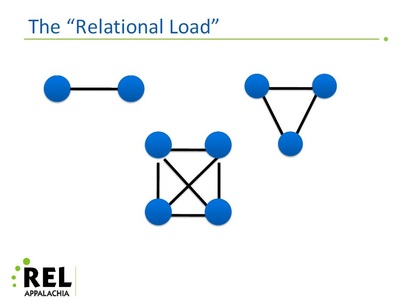
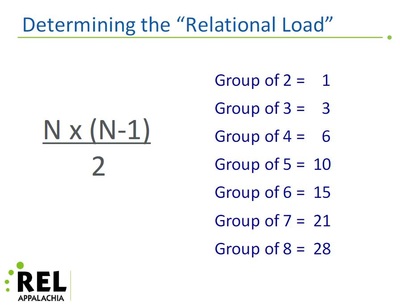
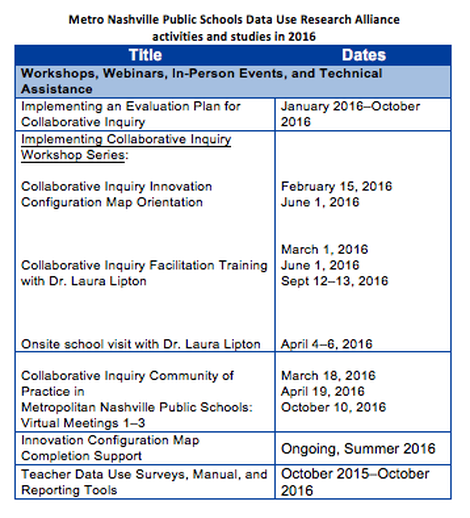
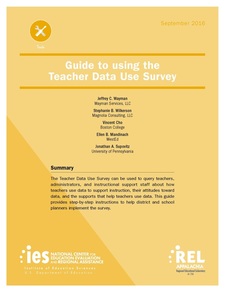
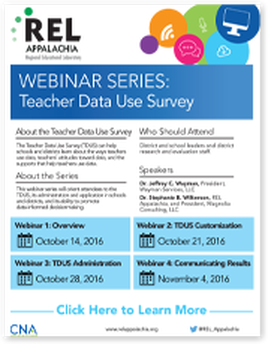
 RSS Feed
RSS Feed

